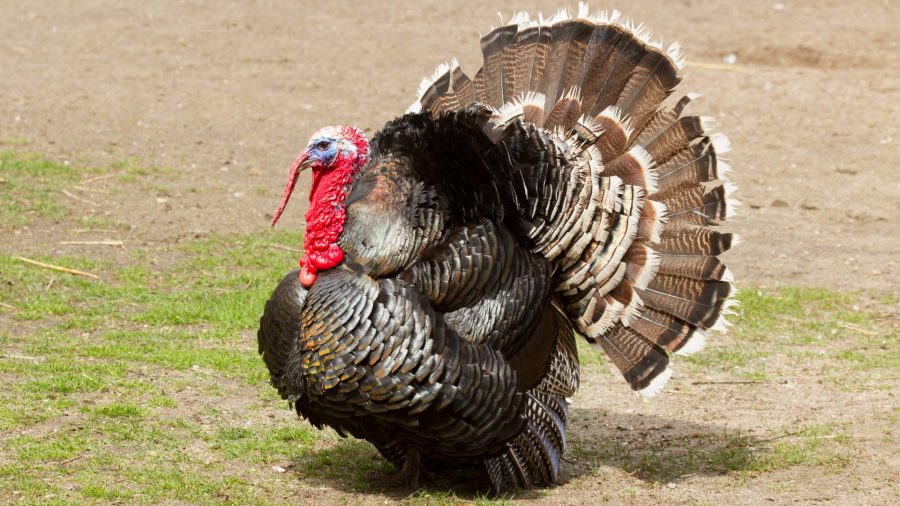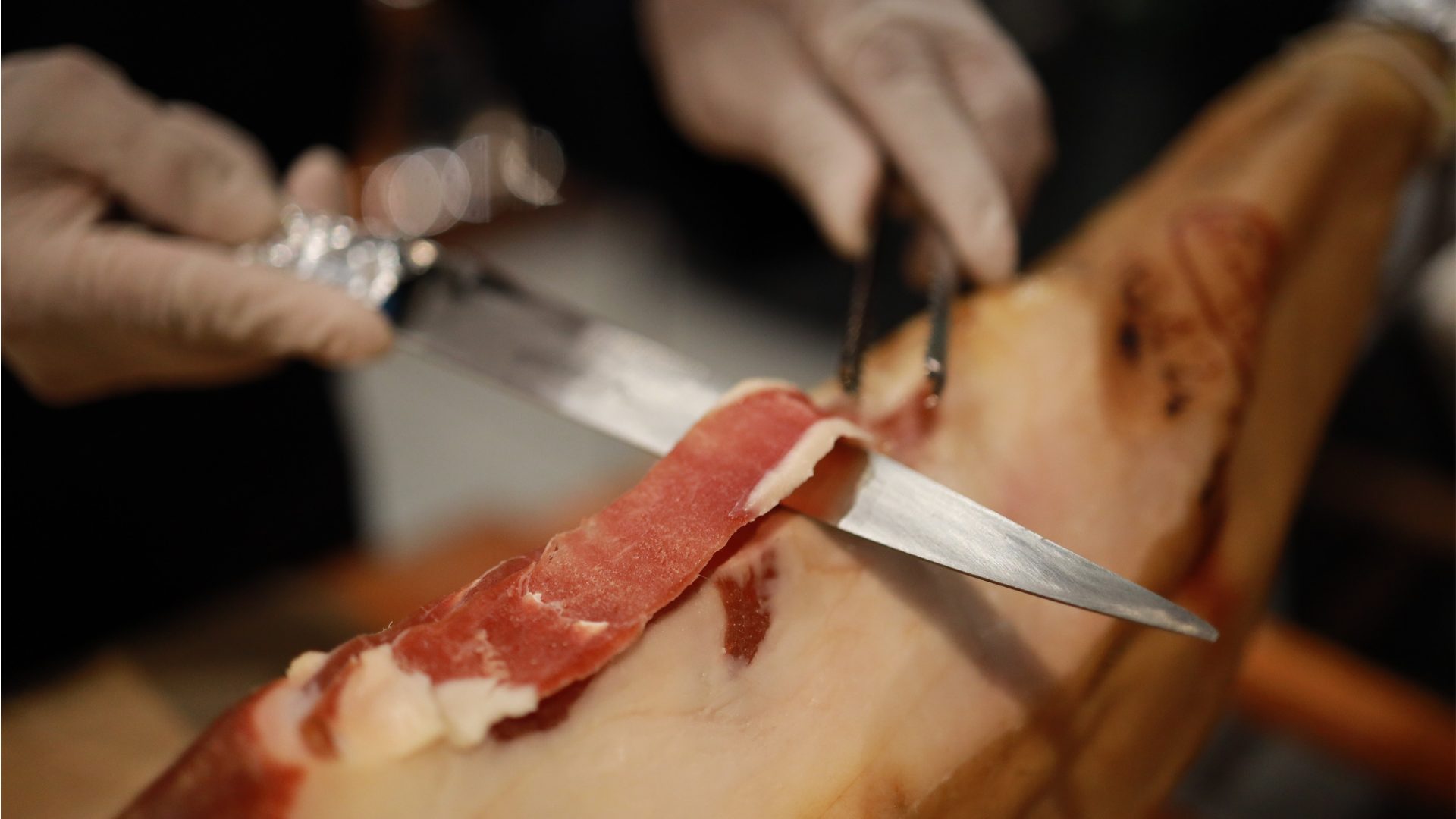Bird flu is spreading across Europe with Poland, the continent’s largest poultry producer, and Britain reporting the latest cases, following outbreaks in Denmark, France, Germany, Italy, Netherlands and Russia.
Poland reported several outbreaks of H5N1 at six poultry farms housing 650,000 birds, Reuters reported (Nov. 8). Four of the farms were turkey fattening operations and the fifth was a chicken broiler farm in eastern Poland. A sixth outbreak was at a turkey and geese farm in the western part of the country, officials said.
Reuters reported (Nov. 4) the H5 strain of bird flu was found among ducks at a small poultry unit in central England, prompting an order by agriculture officials to keep all poultry inside. Confirmed cases also were reported in north Wales and eastern Scotland. The outbreak came less than a week after officials declared an Avian Influenza Prevention Zone.
The French government recently put that country on alert; it had been declared disease-free in early September after a previous wave. Reinforced prevention measures will be implemented to protect poultry farms, the French agriculture ministry said. Meanwhile, in the Netherlands, 36,000 birds were recently slaughtered to keep an outbreak in check.
In other news:
Swine fever: A new African swine fever variant is affecting China’s pig herd, the Swine Health Information Center reported in its latest newsletter. The disease was found in two provinces and described as genotype 1 viruses, which differs from the currently circulating genotype 2.
The source of the viruses was unclear. They’re similar to NH/P68 and OURT88/3, which were isolated in Portugal in the 1960s, indicating they may have come from a European source, the newsletter said. Swine fever is deadly for pigs but not a threat to humans.
Deere strike: John Deere is considering moving some production overseas as the strike by 10,000 United Auto Workers approaches the one-month mark. Striking workers rejected a proposed contract more than a week ago.
Corey Reed, president of Worldwide Agriculture & Turf Division, Production and Precision Ag, told KCRG-TV, the company may have no other choice as the walkout drags on.
Crops: The November Crop Production report and World Agriculture Supply and Demand Estimates lifted grain prices. Soybean production was revised down 1% from October to 4.42 billion bushels. Corn was up less than 1% from the previous month to 15.1 billion bushels, with some 50 million going to ethanol production. Wheat stocks were 10 million bushels lower. AgWeb reported (Nov. 5) a fertilizer shortage could affect future yields.
Infrastructure bill: Pro Farmer reported (Nov. 8) U.S. agriculture will benefit greatly from the Infrastructure, Investment and Jobs Act, which provides $110 billion for roads and bridges and $17 billion for ports and waterways. Additionally, a pilot program in the measure could push the use of soybeans in construction and other projects. “This is a tremendous opportunity to build up rural America with wealth that stays in rural communities, jobs you can raise a middle-class family on, and the ability to compete around the world,” Agriculture Secretary Tom Vilsack said. Buried in the measure is a ban on foreign freight cars, something that likely will catch China’s eye.










